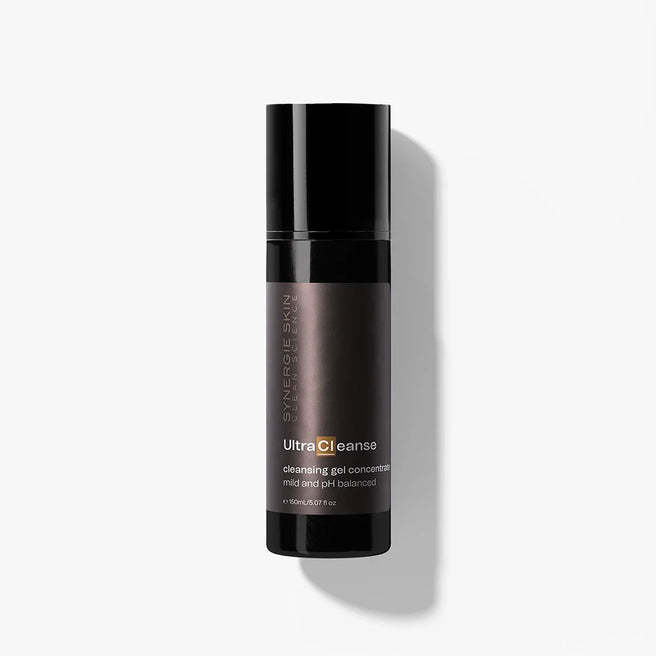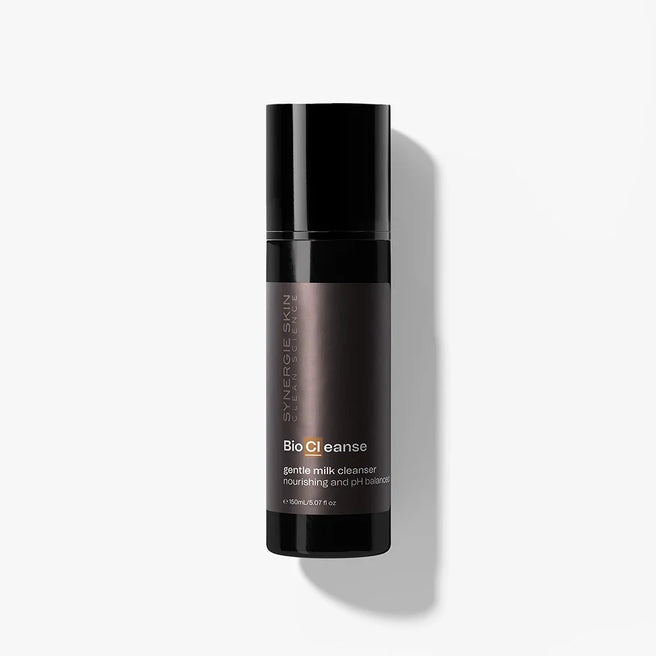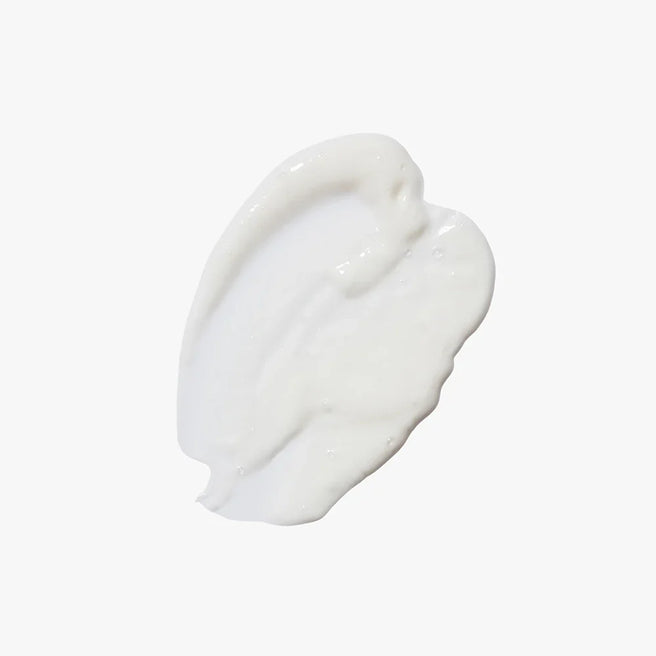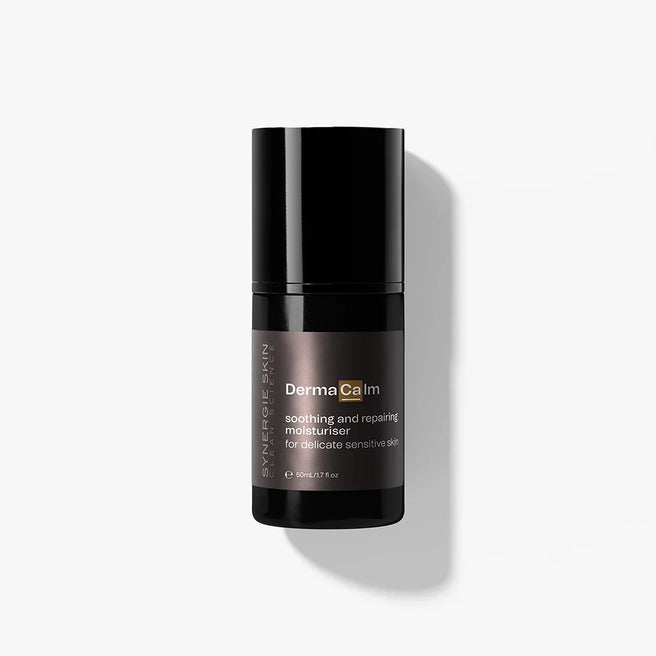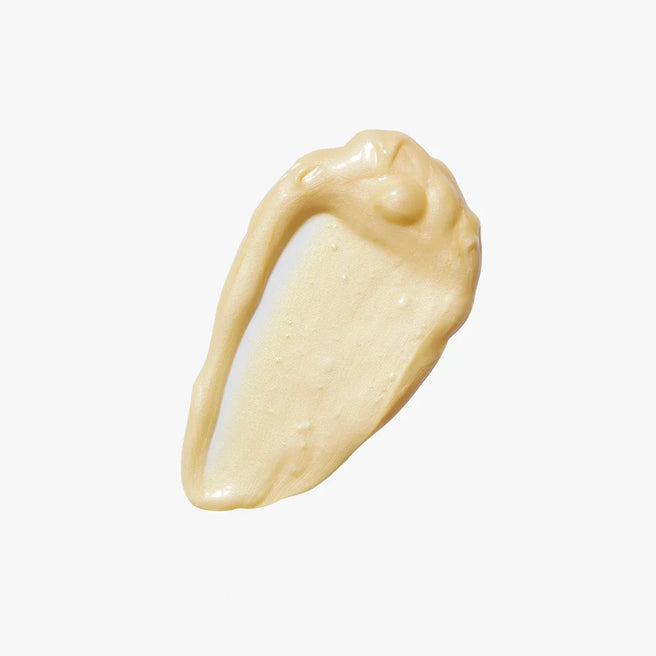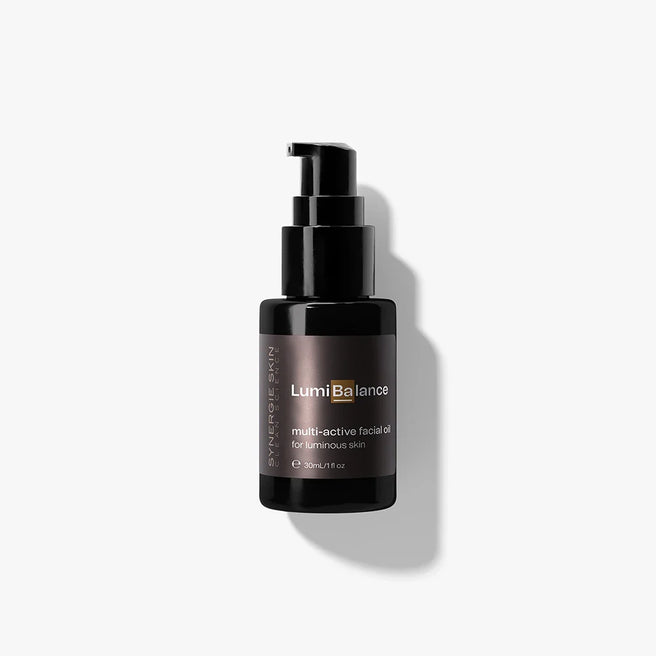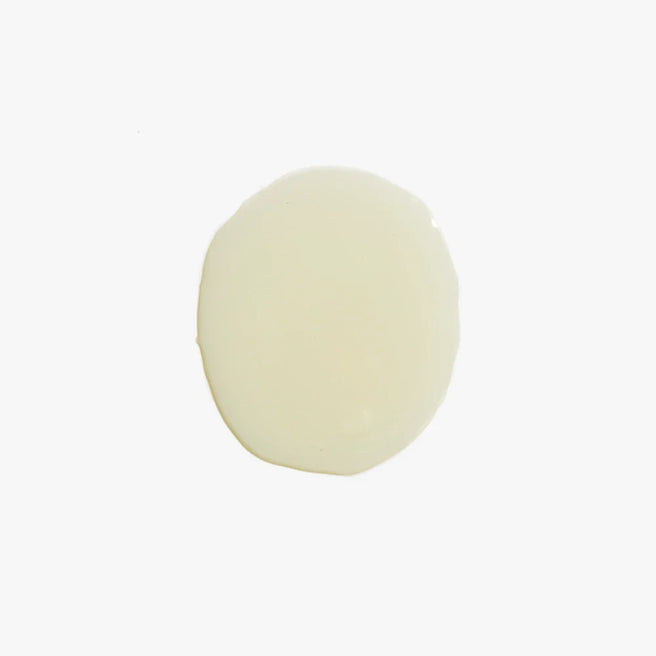Understanding the Differences Between Skin Types and Skin Conditions. Find the Answer and Optimise Your Skincare Routine.
When it comes to maintaining healthy skin, understanding your specific skin type and any existing skin conditions is crucial. A good skincare routine should not only address your skin type but also target any specific concerns or conditions you may have. So join us as we explore the differences between skin types and skin conditions, whilst providing insights on how to effectively treat and optimise your skincare routine based on your individual needs.
-(1000-%C3%97-600-px).webp?v=1691633471409)
Skin Types
Skin types are determined by the amount of oil produced by the skin and its level of sensitivity. These are the actual characteristics of your skin which are generally visible and are usually divided into broad categories. These categories include:
1. Oily:
Characterised by overproduction of oil, which can lead to a shiny appearance and increased risk of clogged pores.
2. Combination:
Typically, the T-zone (chin, nose, and forehead) is oilier due to the presence of more activity in the oil glands in that area, while the rest of the face may have normal or dry skin.
3. Normal:
Considered the ideal skin type from a health perspective, it is well-balanced with adequate oil production and minimal sensitivity. This is the rarest (and most fortunate) skin type!
4. Dry:
Lacking in oil, water, or both, dry skin often feels tight, rough, and may experience flakiness or itchiness.
5. Sensitive:
Reactive to external triggers and easily irritated, sensitive skin may exhibit redness, stinging, or a tendency to develop rashes. Sensitive skin may also be dry due to flaking and water loss.
While skin types are relatively constant at a particular period in your life (such as oily or combination skin during adolescence) and some skin types are constant for a lifetime (such as sensitivity) due to genetic factors. Skin types often inform your first line of skincare products. However, there is an important differentiating factor between skin types and skin conditions. So what are skin conditions, then?
-(1000-×-600-px)-v1691634501882.webp)
Skin Conditions
Skin conditions or skin concerns can often be considered a ‘translation’ of your skin type. Skin conditions are far more diverse and variable. Some skin conditions have the capacity to affect any skin type depending on genetic, environmental, and lifestyle factors. Such conditions may be influenced by diet, health, medications, hormones, stress, smoking, UV exposure, and skincare practices. Sometimes post-treatments may require targeted skincare to prevent conditions from developing. There are literally thousands of medically diagnosed skin concerns/conditions, but some common, general skin conditions include:
1. Ageing:
This is the number one skin concern of women and men over the age of 30. Ageing is not considered a diagnosed disease – it is a natural process, leading to the appearance of fine lines, wrinkles, loss of firmness and changes in skin tone and texture. Whilst ageing is a privilege and need not be feared as a primary skin concern, it is nevertheless recognised as a skin condition that can be exacerbated or diminished when adjusting external variables and using active topical skincare.
2. Hyperpigmentation:
Uneven skin tone or dark spots caused by excess melanin production.
3. Melasma:
This is a subcategory of hyperpigmentation and is internally triggered by hormonal changes and exacerbated by overheating, stress, and sun exposure.
4. Dehydration:
Insufficient moisture retained (or created) within the skin, resulting in dryness, tightness, and dullness.
5. Eczema and Psoriasis:
These are medically diagnosed inflammatory conditions characterised by redness, itching, and dry patches.
6. Acne:
A skin condition characterised by the presence of clogged pores, pimples, blackheads, or whiteheads. There are numerous types of acne ranging in severity.
7. Rosacea:
A medically diagnosed skin condition and generally considered under the sensitive skin type group. This chronic skin condition involves persistent redness, visible blood vessels, and sometimes small bumps or pustules.
Understanding the combination of your skin type and condition is key to tailoring an effective skincare routine. If you are experiencing concerning skin issues, Synergie Skin always recommends a consultation with a dermatologist or skin professional to help guide you through choosing the correct skincare regimen for your skin type and concerns.
-(1000-×-600-px)-(1)-v1691635823725.webp)
How to Treat Different Skin Types and Conditions
Addressing multiple skin types and conditions simultaneously requires a thoughtful approach, so please discuss your skin journey with a trained professional if you wish to delve deeper. Here are some quick tips to optimise your skincare routine.
Cleanse:
Start with a gentle cleanser suitable for your skin type to remove impurities without stripping away natural oils. Look for cleansers with hydrating or calming ingredients for sensitive or dry skin, while those with oily or acne-prone skin may benefit from products with exfoliating or purifying properties.
Hydrate:
Regardless of your skin type or condition, maintaining proper hydration is essential. Choose a moisturiser formulated to address your specific needs, such as oil-free options for oily skin, rich emollients for dry skin, or lightweight hydrators for combination skin.
Targeted Treatments:
Incorporate targeted treatments or serums to address specific skin concerns. For example, products containing hyaluronic acid, emollient, humectants and ceramides are effective for combating dehydration, while retinoids, niacinamide, vitamin C, and targeting peptides can help with anti-ageing and pigmentation concerns. If you are likely to undertake targeted treatments in a clinic, it may be worth considering post-treatment skincare options in order to fast-track your skin’s recovery.
Add prebiotics and postbiotics to nurture and balance the good bacteria on your skin. The barrier bacteria are essential for maintaining a healthy and strong skin surface and minimise skin sensitivity.
Sun Protection:
Always protect your skin from harmful UV rays by using a broad-spectrum sunscreen. Look for lightweight, non-comedogenic formulas that won't clog pores or cause breakouts. Also consider mineral makeup containing iron oxide pigments for blue light protection from hyperpigmentation. Intelligent foundations are the final step in a good skincare regimen.
Seek Professional Advice:
To gain a deeper understanding of your skin type and condition, consider taking a skin quiz, like the one available on our website, to receive personalized recommendations. Additionally, consulting with a skincare professional or visiting a Synergie Skin affiliated clinic can provide valuable insights and tailored advice for your unique needs.
Conclusion
Finding the right skincare routine starts with understanding your skin type and any existing conditions. By identifying your skin's specific characteristics and concerns, you can choose products and treatments that effectively address your needs. Remember to adapt your routine as needed and seek professional guidance when necessary. With an intelligent foundation by a trusted skincare company, you can achieve healthy, radiant skin that fits seamlessly into your everyday routine.
Take our Skin Quiz for Personalised Recommendations
Find a Clinic Near You
[Disclaimer: This blog is for informational purposes only and does not substitute professional medical advice. Consult a dermatologist or skincare professional for specific concerns.]




